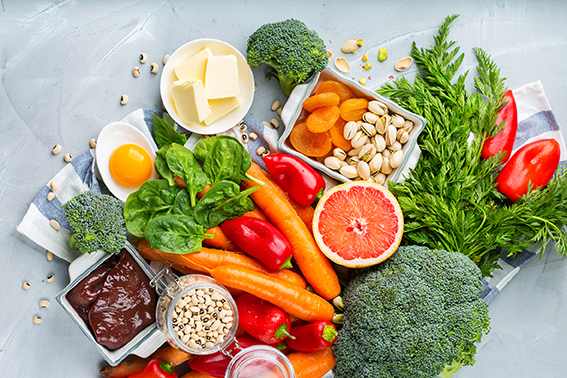Why Do Livestock Need to Take Vitamin Supplements?

Vitamins are organic substances that animals must obtain to maintain normal physiological functions. Just like humans, livestock require a balanced diet to thrive, and vitamins play a crucial role in their overall health and productivity. While many vitamins can be synthesized by the body, certain essential vitamins must be obtained through diet or supplements, especially in livestock.
Livestock, including cattle, sheep, pigs, and poultry, often face dietary deficiencies due to various factors such as poor-quality feed, seasonal changes, and specific production demands. For instance, during periods of rapid growth, lactation, or reproduction, the nutritional requirements of these animals increase significantly. Without adequate vitamin intake, livestock can suffer from a range of health issues, including weakened immune systems, poor growth rates, and reproductive problems.
Vitamin A, for example, is vital for vision, immune function, and skin health. A deficiency can lead to night blindness and increased susceptibility to infections. Similarly, Vitamin D is essential for calcium absorption and bone health, while Vitamin E acts as an antioxidant, protecting cells from damage. B vitamins, including B12 and riboflavin, are crucial for energy metabolism and overall growth.
In many cases, livestock diets may not provide sufficient levels of these essential vitamins, particularly in intensive farming systems where feed is often processed and may lack natural vitamin sources. Therefore, vitamin supplements become necessary to ensure that livestock receive the nutrients they need to maintain optimal health and productivity.
In conclusion, vitamin supplements are essential for livestock to support their physiological functions, enhance growth, and improve overall health. By ensuring that livestock receive adequate vitamins, farmers can promote better animal welfare and achieve higher productivity in their operations.


